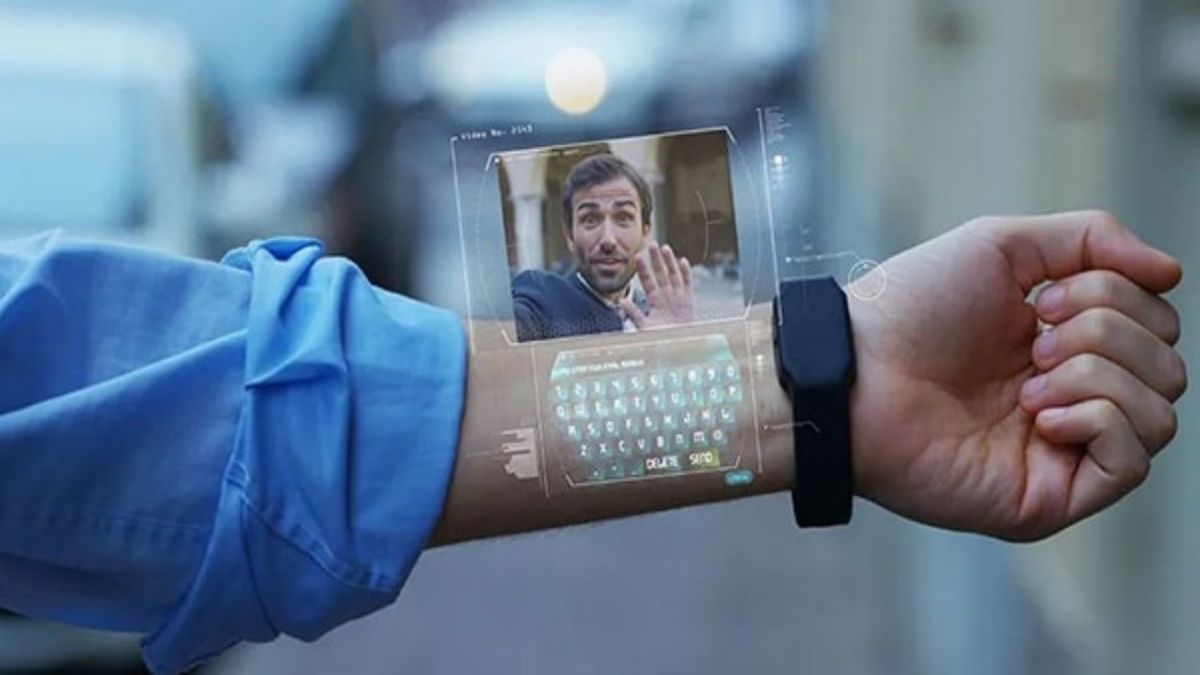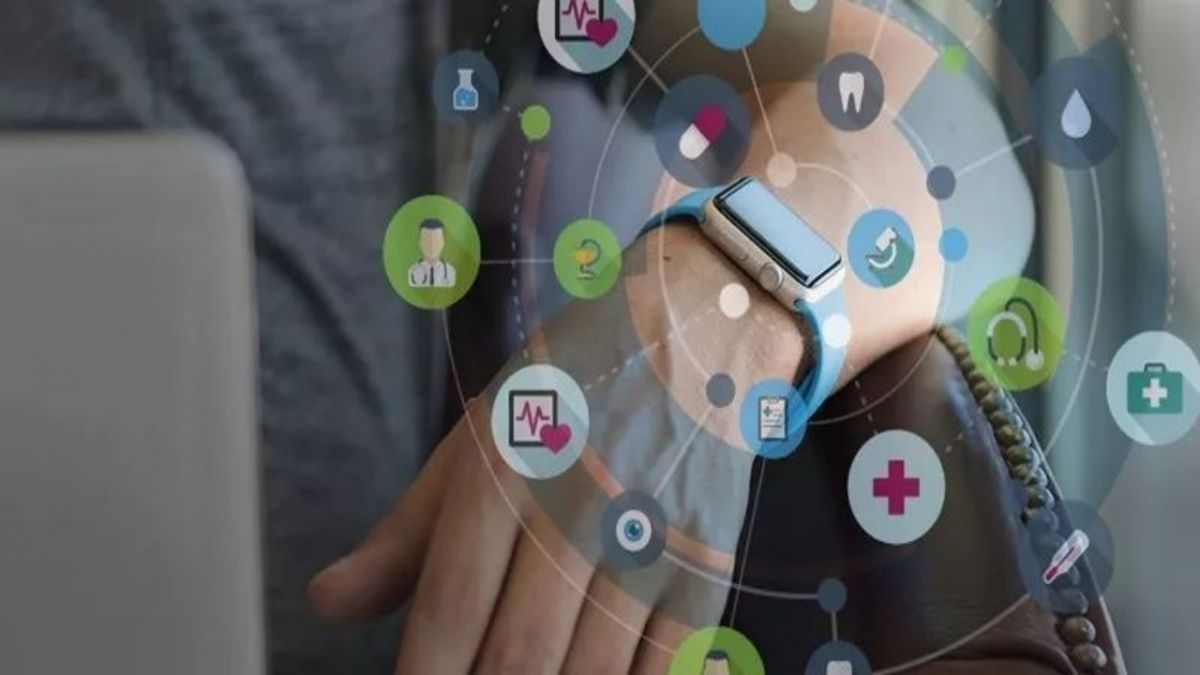Cloud computing opens a new chapter in IT, the rapid rise of cloud-native applications
Advertisement
Wearable Devices: The New Essential Tools for a Healthy Lifestyle
In recent years, wearable technology has taken the world by storm, revolutionizing the way we approach health and wellness. These innovative devices, ranging from fitness trackers to smartwatches, have become indispensable tools for individuals seeking to maintain a healthy lifestyle. With their ability to monitor vital signs, track physical activity, and provide personalized insights, wearable devices are empowering users to take control of their well-being like never before.
One of the most significant advantages of wearable devices is their ability to continuously monitor various health metrics. Fitness trackers, for instance, can accurately record the number of steps taken, calories burned, and distance covered throughout the day. This information allows users to set and track fitness goals, making it easier to maintain an active lifestyle. Moreover, many devices now feature advanced sensors that can monitor heart rate, sleep patterns, and even blood oxygen levels, providing users with a comprehensive overview of their health status.

Smartwatches, another popular category of wearable devices, have evolved beyond simple timekeeping to become powerful health companions. These devices often incorporate a range of sensors and features that enable users to monitor their cardiovascular health, stress levels, and even detect irregular heart rhythms. Some smartwatches also offer ECG (electrocardiogram) functionality, allowing users to assess their heart health conveniently. By providing real-time data and alerts, smartwatches can help users identify potential health issues early on and seek timely medical attention if necessary.
In addition to monitoring physical health, wearable devices are also making significant strides in promoting mental well-being. Many devices now include stress management features, such as guided breathing exercises and mindfulness reminders. By tracking stress levels throughout the day, these devices can help users identify patterns and triggers, enabling them to develop effective coping strategies. Some wearables even offer personalized relaxation techniques and provide access to stress-reducing content, such as calming music or meditation sessions.
The integration of artificial intelligence (AI) and machine learning algorithms has further enhanced the capabilities of wearable devices. These technologies enable devices to analyze vast amounts of user data and provide personalized insights and recommendations. For example, an AI-powered fitness tracker can learn an individual's exercise habits and preferences, suggesting tailored workout plans and offering real-time coaching to optimize performance. Similarly, smartwatches equipped with AI can detect changes in a user's health metrics and alert them to potential issues, such as an elevated resting heart rate or irregular sleep patterns.
Wearable devices are also transforming the way healthcare professionals interact with patients. By providing a wealth of real-time health data, these devices enable remote patient monitoring and facilitate more personalized care. Doctors can access patient data through secure platforms, allowing them to track progress, adjust treatment plans, and intervene promptly if necessary. This technology is particularly beneficial for individuals with chronic conditions, such as diabetes or hypertension, as it allows for continuous monitoring and early intervention.

The adoption of wearable devices has also given rise to a growing community of health-conscious individuals who share their data and experiences online. Social features within device companion apps allow users to connect with friends, join fitness challenges, and engage in friendly competitions. This sense of community and accountability can be a powerful motivator, encouraging users to stay committed to their health goals and celebrate their achievements with others.
As the wearable technology market continues to expand, manufacturers are focusing on improving device accuracy, battery life, and user experience. Advances in sensor technology and miniaturization are enabling the development of more compact and discreet devices that seamlessly integrate into users' daily lives. Additionally, the increasing emphasis on data privacy and security ensures that users can trust their devices to safeguard their sensitive health information.
In conclusion, wearable devices have emerged as essential tools for promoting and maintaining a healthy lifestyle. By providing continuous monitoring, personalized insights, and real-time feedback, these devices are empowering individuals to take proactive steps towards improving their physical and mental well-being. As technology continues to evolve, we can expect wearable devices to become even more sophisticated, offering new features and capabilities that will further revolutionize the way we approach health and wellness. With the help of these innovative tools, individuals can look forward to a future where achieving and maintaining a healthy lifestyle is more accessible and achievable than ever before.